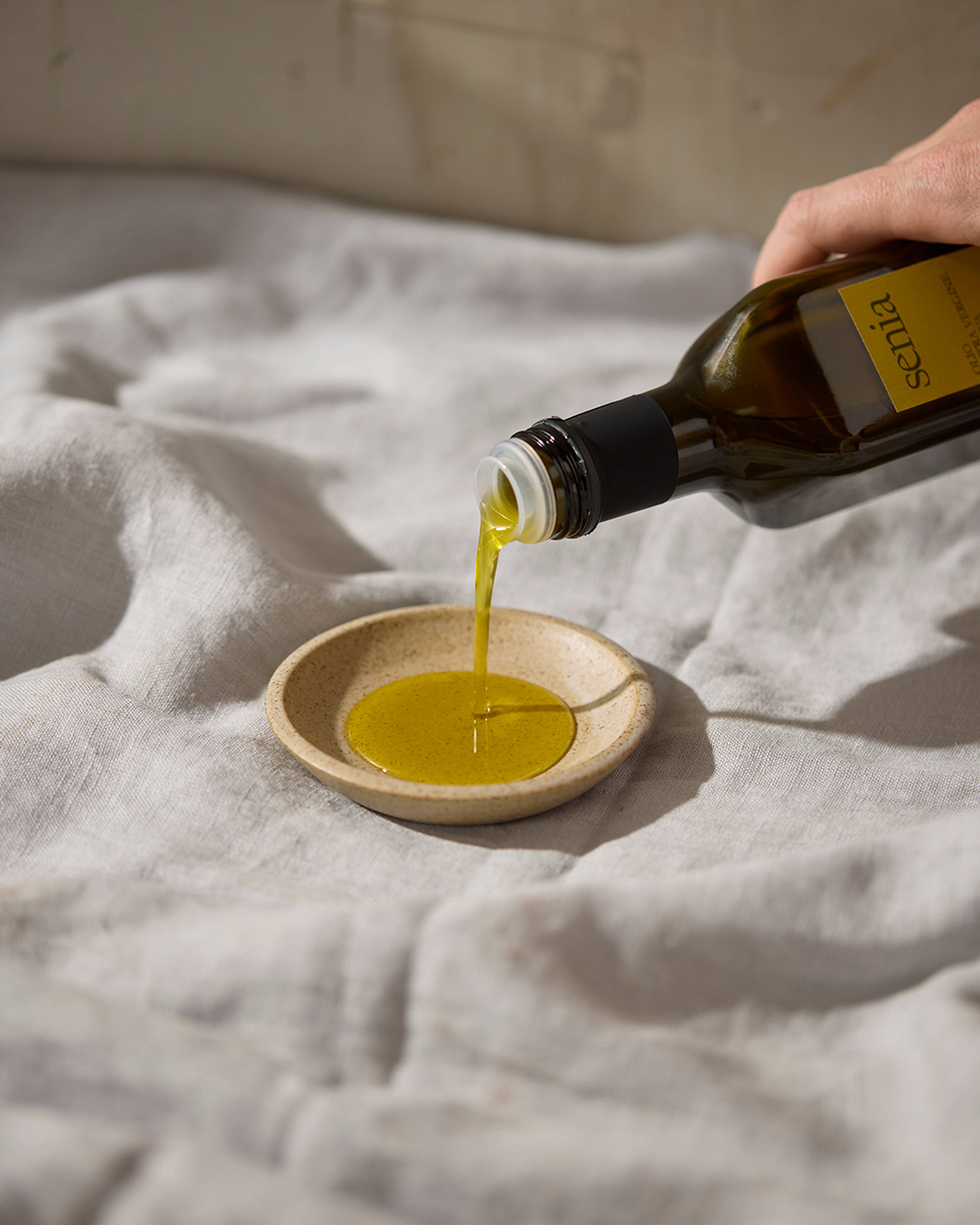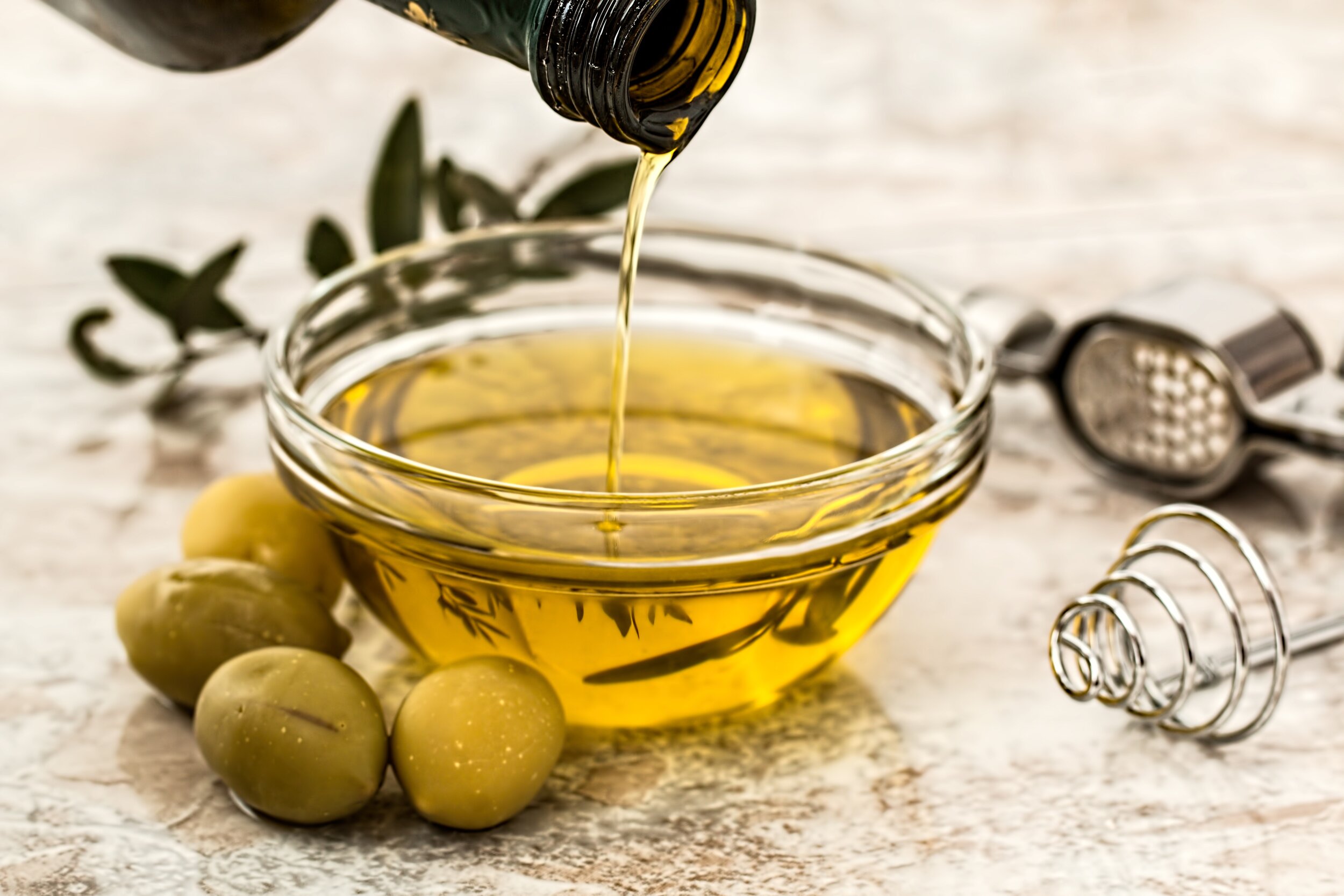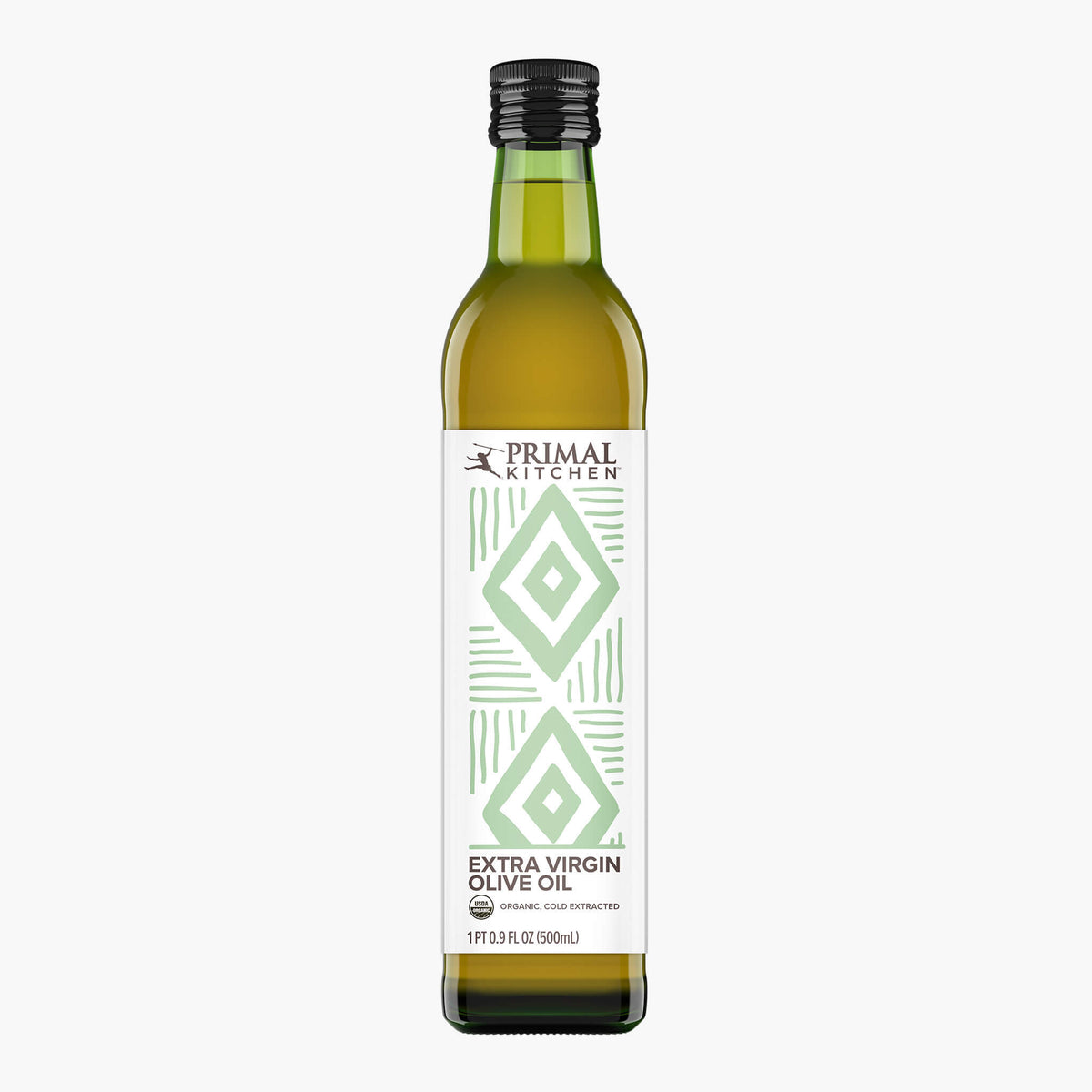Why Extra Virgin Olive Oil Benefits Your Gut and Digestive System
Wiki Article
Discovering the Various Sorts Of Olive Oil and Their Uses, Consisting Of Additional Virgin Olive Oil
The expedition of olive oil encompasses a diverse array of types, each offering cooking applications and unique tastes. Additional virgin olive oil, renowned for its remarkable top quality and health and wellness advantages, serves as a staple in lots of cooking areas, yet it is only one aspect of this complex ingredient.What Is Olive Oil?
Originated from the fruit of the olive tree, olive oil is a staple in Mediterranean food and an essential component in numerous cooking applications. This versatile oil is generated by pushing whole olives, leading to a fluid that differs in fragrance, taste, and shade relying on the kind of olives used, the region of growing, and the removal procedure. Olive oil is predominantly composed of monounsaturated fats, especially oleic acid, which is recognized for its possible wellness advantages, consisting of anti-inflammatory properties and cardio assistance.In enhancement to its cooking usages, olive oil has a lengthy background of application in typical medicine and skincare, owing to its abundant antioxidant web content (extra virgin olive oil benefits). The oil is often used in dressings, marinades, and for cooking methods such as sautéing and roasting. Its distinctive taste account can improve the taste of different dishes, making it a crucial ingredient for both home chefs and specialist cooks
In addition, olive oil is commemorated for its function in the Mediterranean diet plan, which is related to many health and wellness benefits. As awareness of these benefits expands, olive oil remains to gain appeal worldwide as a basic element of a healthy lifestyle.
Types of Olive Oil
Understanding the numerous kinds of olive oil is important for both cooking lovers and health-conscious customers. Olive oil is categorized primarily based upon its removal technique and quality, which dramatically impacts its taste, health, and scent advantages.
Light olive oil, regardless of its name, describes a lighter flavor and not lower calories. It is ideal for those looking for an extra subtle taste in dressings and marinates. Furthermore, there are flavored olive oils instilled with natural herbs, flavors, or citrus, which can boost dishes without the demand for additional seasoning.
Each sort of olive oil offers certain cooking purposes, and understanding these differences enables consumers to make informed options that align with their food preparation designs and health and wellness objectives.
Additional Virgin Olive Oil
Extra virgin olive oil (EVOO) is commonly related to as the best olive oil readily available, renowned for its rich taste and numerous wellness advantages. To be classified as added virgin, the oil should be produced from fresh olives utilizing mechanical processes, without the usage of solvents or excessive warm. This meticulous approach preserves the oil's all-natural flavors, anti-oxidants, and healthy fats, leading to an item with a low level of acidity level of much less than 0.8%.EVOO is bountiful in monounsaturated fats, especially oleic acid, which is connected to decreased inflammation and boosted heart health and wellness. It also has polyphenols, effective antioxidants that might provide safety effects against persistent diseases. The check out here flavor account of EVOO can differ substantially depending on the olive range and area of manufacturing, ranging from fruity and grassy to durable and peppery.

Culinary Utilizes of Olive Oil

In food preparation, olive oil can be made use of for sautéing, roasting, and cooking, supplying a much healthier option to butter or various other fats. Its high smoke point makes it ideal for different cooking approaches, while its anti-oxidants add to a heart-healthy diet. Drizzling olive oil over finished dishes, such as pasta, fish, or grilled vegetables, can elevate tastes and include a touch of style.
Furthermore, olive oil plays a substantial role in baking, where it can replace typical fats in dishes for bread and breads, passing on moisture and a refined taste. It also serves as a base for instilled oils, enabling cooks to trying out tastes such as garlic, natural herbs, or chili, even more broadening its cooking possibility. Overall, olive oil's convenience makes it vital in both home and expert cooking areas.
Choosing Top Quality Olive Oil
When choosing high quality olive oil, it's necessary to consider a number of essential factors that affect the product's wellness, fragrance, and flavor advantages. Primarily, go with additional virgin olive oil (EVOO), which is derived from the very first cold pushing of olives and contains the highest degree of anti-oxidants and helpful compounds. Search for oils that are accredited by recognized organizations, as this usually makes sure adherence to strict top quality standards.The packaging likewise plays a substantial role in protecting the oil's honesty. Pick oils kept in dark glass containers or tins to protect against light deterioration. Pay focus to the harvest day; fresher oils offer remarkable taste and dietary worth, so select products that are within 18 months of their harvest.
Be mindful of the preference; a great high quality olive oil must have a balance of fruity, bitter, and peppery notes, indicating its splendor and intricacy. By examining these aspects, you can ensure you are choosing the best olive oil for your culinary demands.
Verdict
In recap, the exploration of numerous types of olive oil discloses unique characteristics and applications, with extra virgin olive oil standing for the pinnacle of quality due to its low level of acidity and high antioxidant material. Understanding the various varieties of olive oil enables for informed selections in cooking techniques, promoting healthier techniques while enriching the total gastronomic experience.Derived from the fruit of the olive tree, olive oil is a staple in Mediterranean food and a key component in various culinary applications.The most usual types of olive oil their explanation include improved olive oil, pure olive oil, and light olive oil.Extra virgin olive oil (EVOO) is commonly pertained to as the highest high quality olive oil readily available, well known for its abundant taste and various wellness advantages. Opt for additional virgin olive oil (EVOO), which is obtained from the initial cold pressing of olives and consists of the highest degrees of anti-oxidants and valuable substances.In recap, the exploration of various types of olive oil exposes distinctive characteristics and applications, with additional virgin olive oil standing for the peak of top quality due to its low acidity and high antioxidant material.
Report this wiki page